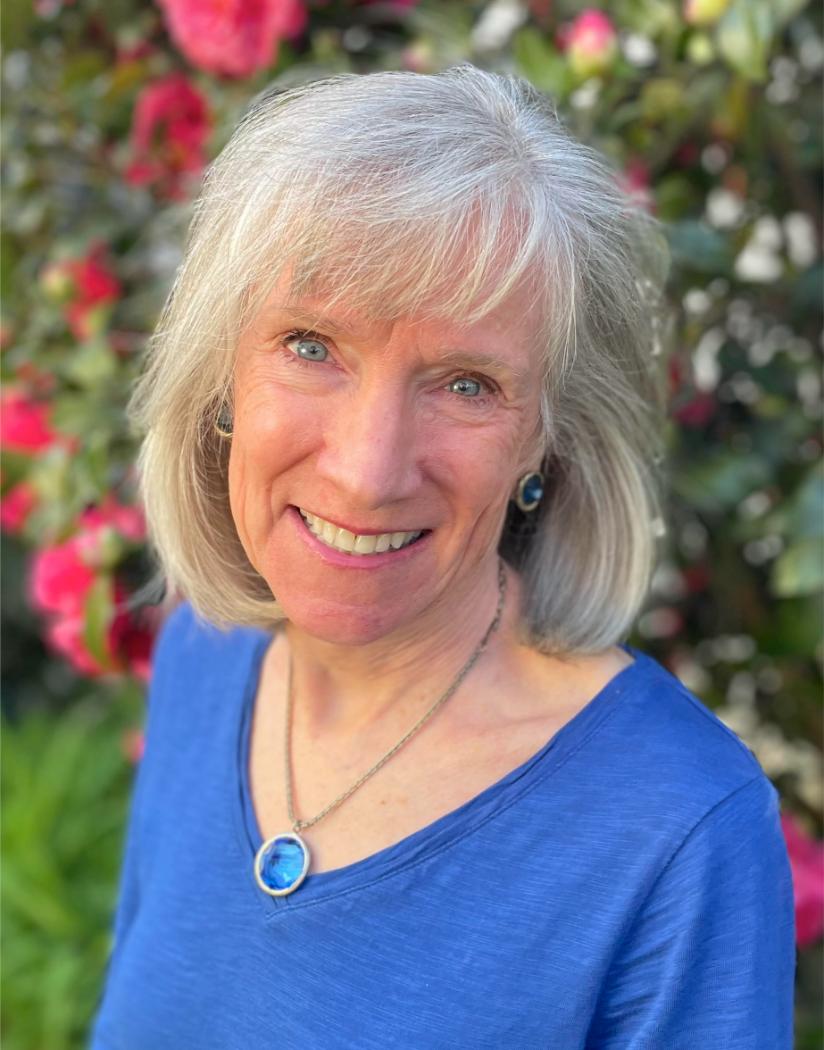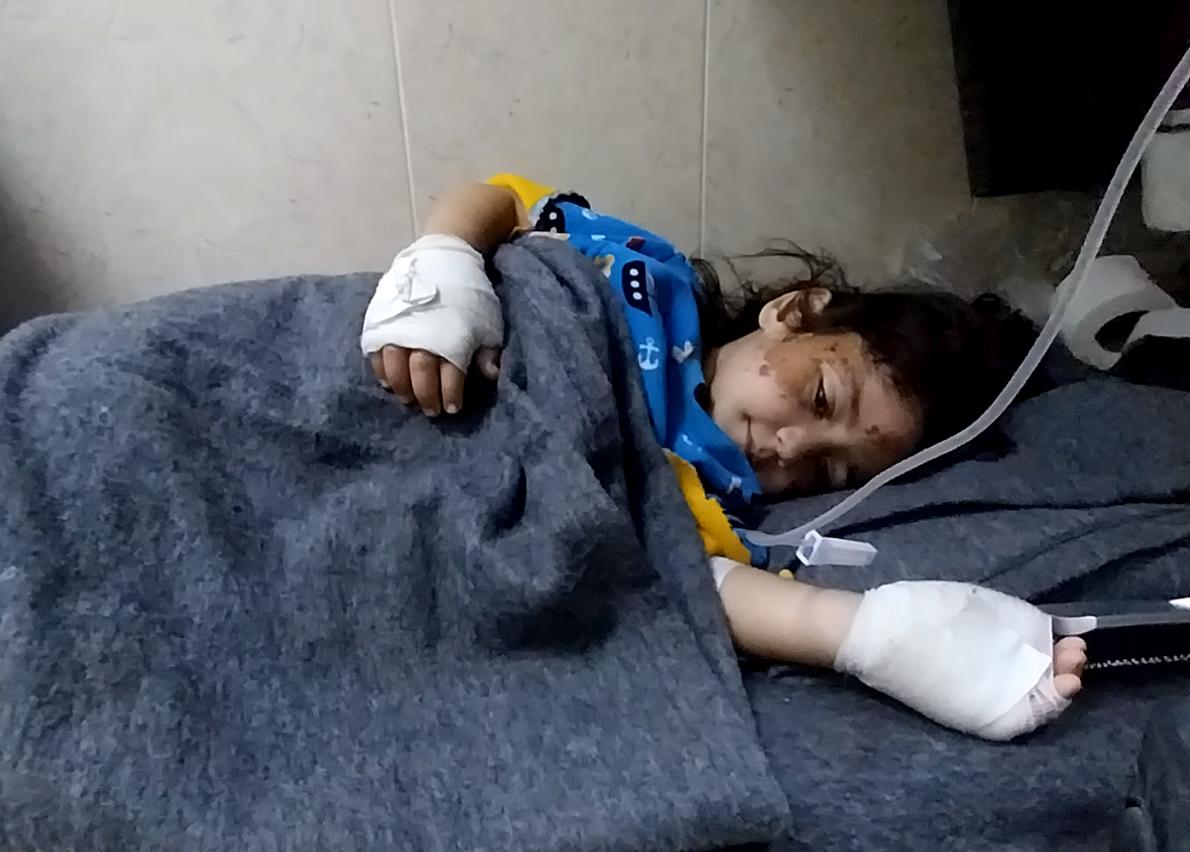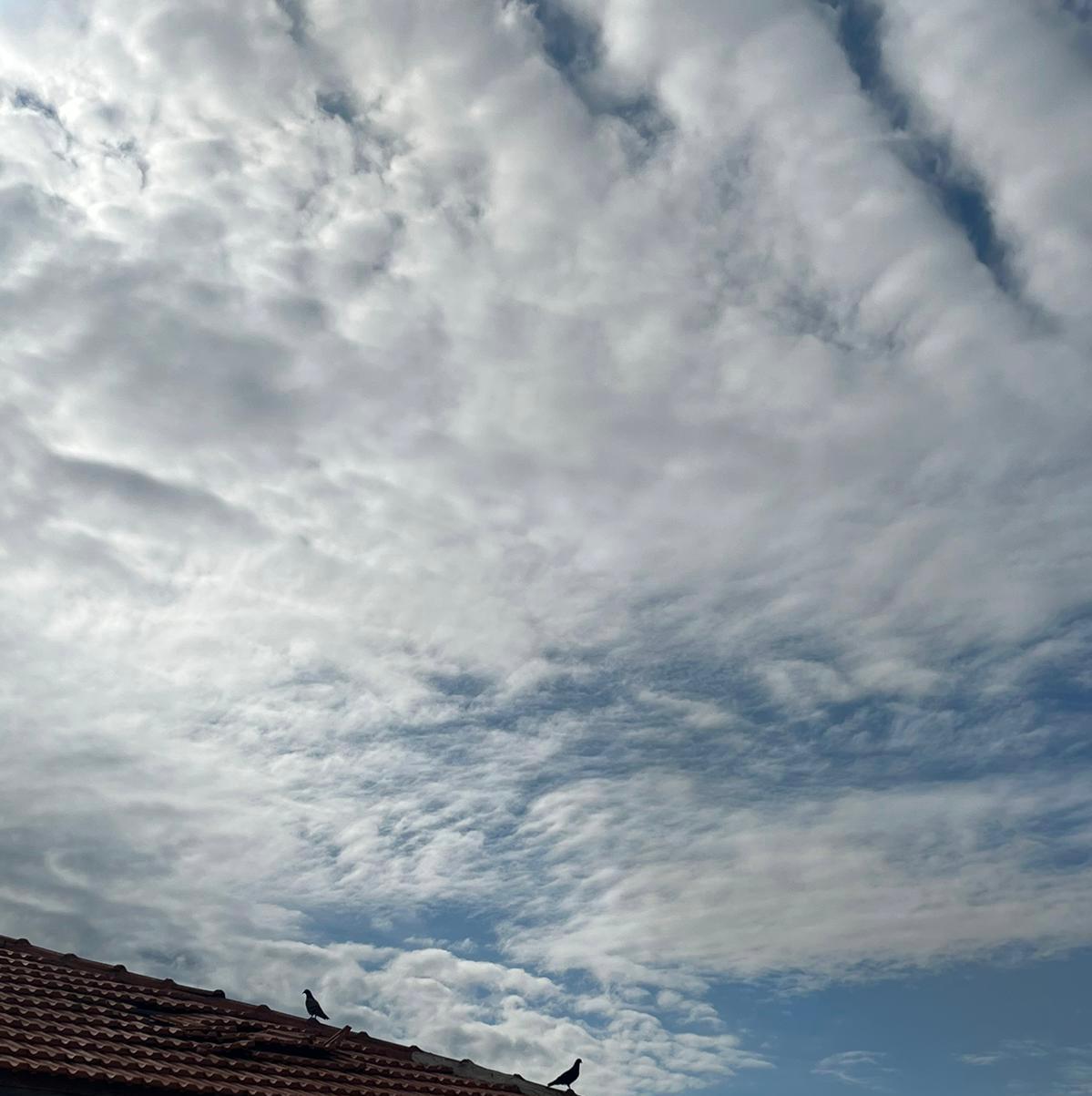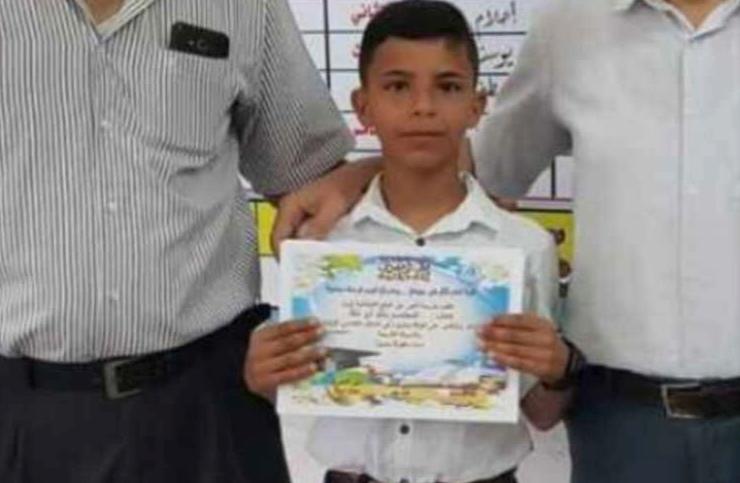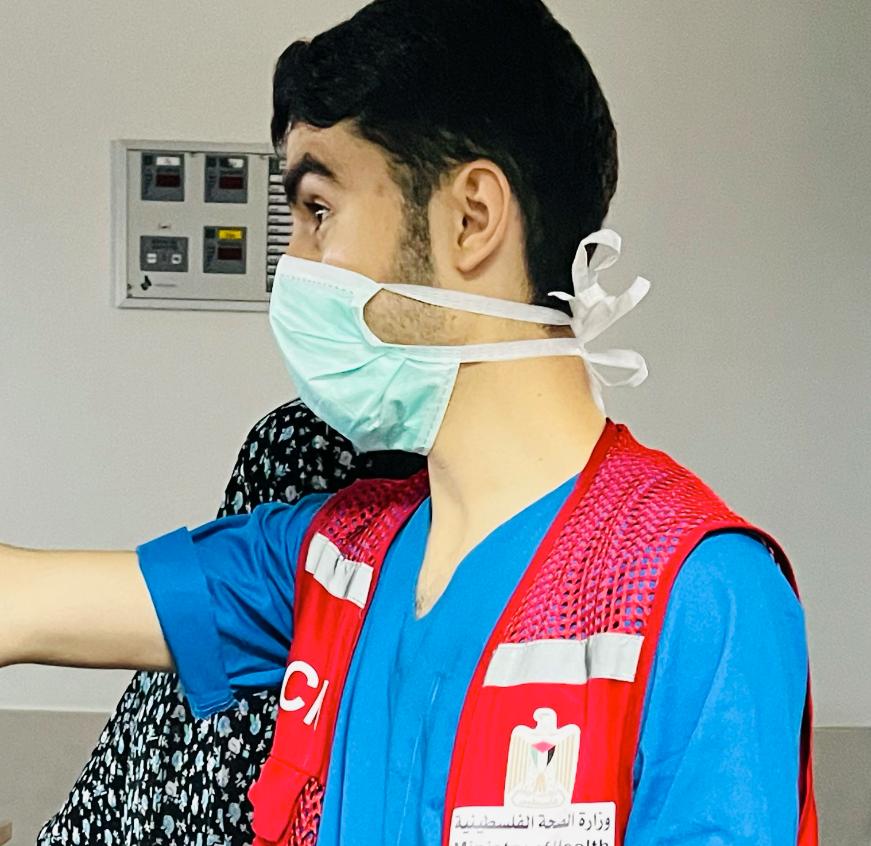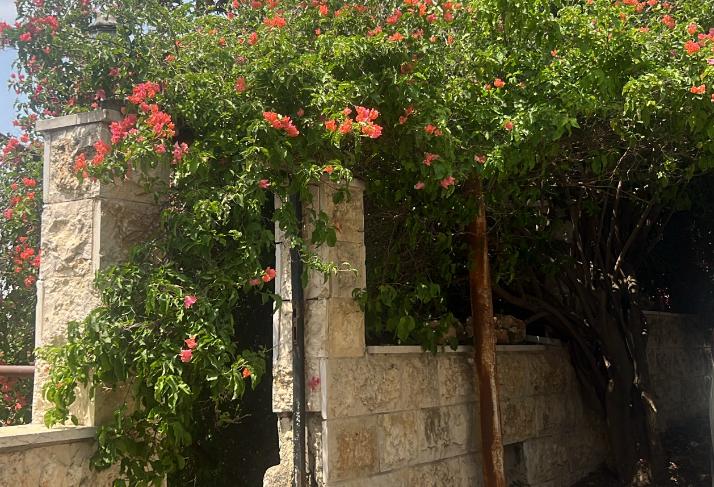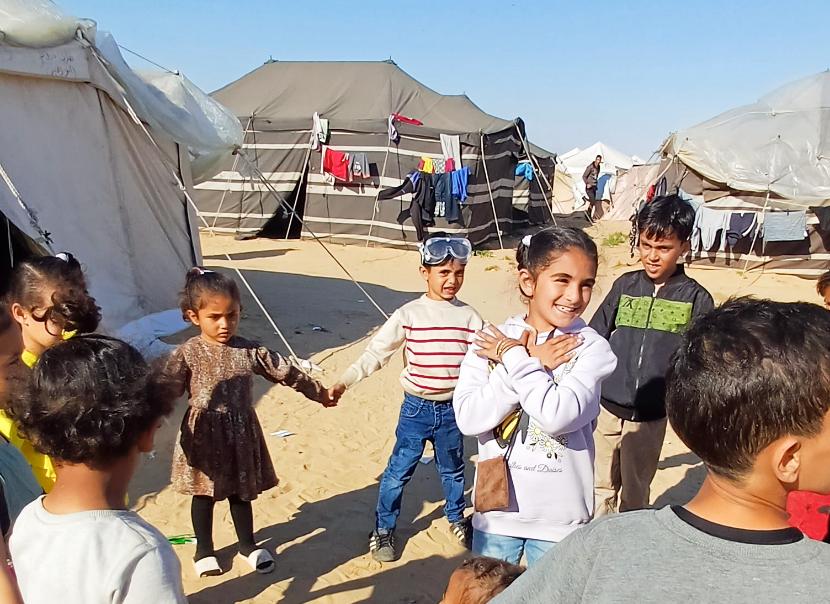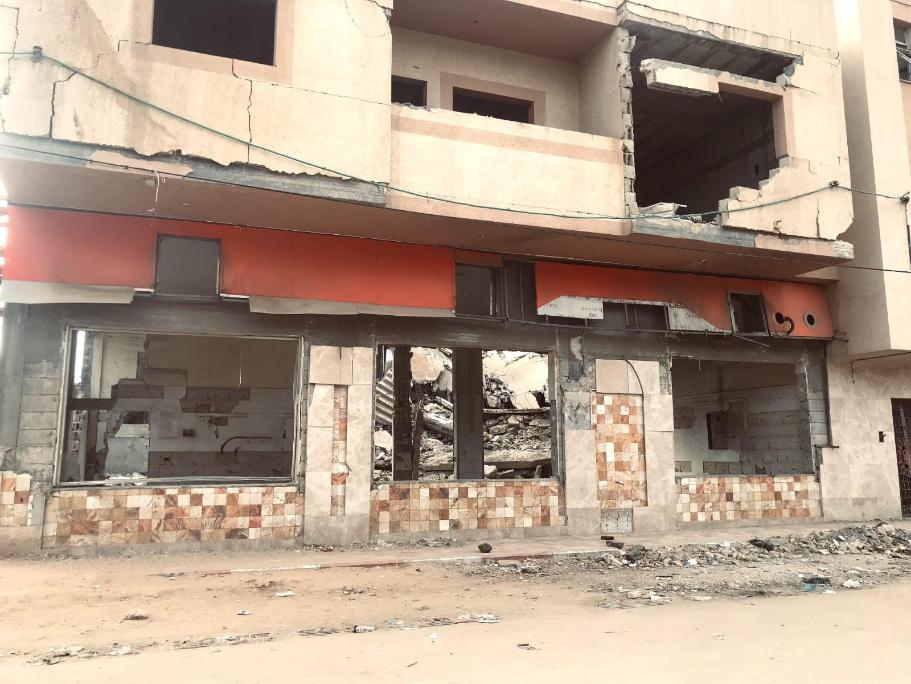
I recently read the novel Mornings in Jenin by Susan Abulhawa. One of the storylines in the novel is set in beautiful Palestine, before the 1948 Nakba. There is a particular scene that takes place during harvest season, with a family is happily gathered and relaxing in the shadow of an olive tree. I found this scene odd and unfamiliar. I live in the same country, but my story is very different.
As I drive through a narrow street lined with bombed-out and lifeless buildings, it creates a flashback to the 2014 war. The pale, colorless cement walls might seem ordinary to many people in the world, but as a Palestinian, gray represents lost hopes, lost children, lost homes and a lost future. It’s nerve-wracking to pass by the scene where blood once covered the ground as children lost their parents before their very eyes, yet such memories push me to fight for our rights and dedicate my future to Palestine. That word, “future,” frightens every teenage Palestinian’s mind. We drown in our fearful thoughts. I could be the next one lost.
If you have nightmares of losing family, you wake up wet with night sweats and your heart beating relentlessly. You spend each second of your life, day and night, afraid of losing more of your family and your home. You have not a single memory of ever feeling safe. What does “safe” even mean? I pretend to know, but I have no clear definition from experience. Surely it means not sleeping with the sound of armed F16’s roaring overhead. Safety is not suffering a wound or an illness without access to the Erez gate and medical help beyond. Safety is not seeing your family separated and spread all over the world looking for a real life, that is, a life with that most essential thing—freedom.

Courtesy Palestine Poster Project Archives
I am 16 years old, and I still haven’t tasted Nablus’s knafeh, floated in the Dead Sea, taken a picture of Jaffa’s beach, camped in Haifa’s mountains, celebrated the new year in Bethlehem, or prayed at the Tomb of the Patriarchs in Hebron. Most importantly, I’ve been rejected three times in my attempts to visit the capital of my country, Jerusalem.
In July 2019, I was fortunate to be chosen by the French Consulate to visit Jerusalem. I earned that chance as a reward for my high mark in the Delf examination, an international assessment that tests French language proficiency. While I should always have the right to go wherever I want to in my own country, the decision was not mine. The French Consulate tried to coordinate my visit multiple times, but everything they did was in vain, since the Israeli authorities declined my permit request. I had waited for this chance for several years. I had worked so hard to earn it, but ultimately, the decision for me to visit Jerusalem was made by a stranger who knows nothing about me and killed my long-awaited dream.
The Israeli occupation lurks constantly in the hearts of those who live under the weight of it. Every aspect of our lives is affected by the Israeli occupation. Here in Gaza, I can gather joyfully with my family. We might even gather in the shadow of an olive tree and smile to be together. But we do not feel safe; we are not safe under occupation and siege. We are not free.



